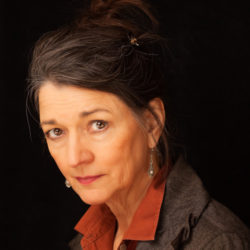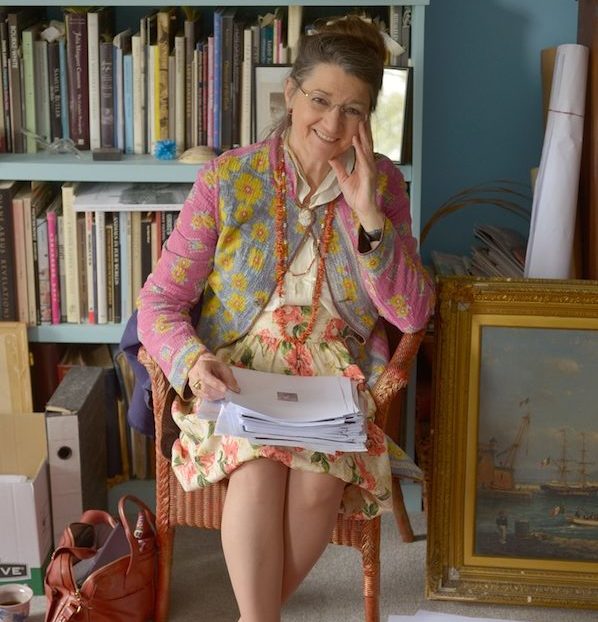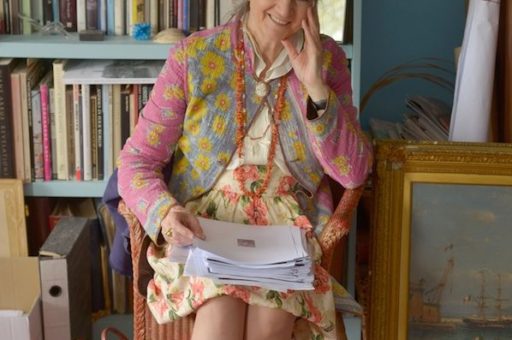About Marina Warner
London, England
Marina Warner’s (CBA ’16) mother was Italian and her father an English bookseller; she was brought up in Egypt, Belgium, and Cambridge, England. She has been a writer since she was young, specializing in mythology and fairy-tales, with an emphasis on the part women play in them. Her award-winning books include Alone of All Her Sex: The Myth and the Cult of the Virgin Mary (1976), Joan of Arc: The Image of Female Heroism (1982), From the Beast to the Blonde (1994) and No Go the Bogeyman (1998). In 1994 she gave the BBC Reith Lectures on the theme of Six Myths of Our Time. Her books include Phantasmagoria: Spirit Visions, Metaphors, and Media (2006), and Stranger Magic Charmed States and The Arabian Nights (2011). She also writes fiction: The Lost Father (1988), was short listed for the Booker prize, and in 2000, The Leto Bundle (2000) was long-listed. She has curated exhibitions, including The Inner Eye (1996), Metamorphing (2002-3), and Only Make-Believe: Ways of Playing (2005). She is Professor of English and Creative Writing at Birkbeck College, University of London, a Fellow of All Souls College, Oxford, and a Professorial Research Fellow at SOAS, 2014-2017. Her latest book is Once Upon a Time: A Short History of Fairy Tale (OUP, 2014). A collection of short stories Fly Away Home were published by Salt in autumn 2015. She is Chair of the Man Booker International Prize for 2015, and convened a series of seminars, ‘Orienting Fiction’, at All Souls, Oxford in Trinity Term, 2015, and wrote a memoir-cum-novel set in Cairo in the Fifties. She was awarded the Holberg Prize in the humanities in 2015.
Towards a fairytale ballet: A workshop
From classics (Giselle, Firebird) to recent works inspired by the Grimms and Hans Andersen, fairy tales have enjoyed a deep affinity with ballet; they do not fear to touch and enter the mystery of natural forces. With the pianist Joanna MacGregor and the choreographer Kim Brandstrup, Warner created a new work on the theme of water, taken from eastern and western medieval sources. With dancers present, the workshop explored ideas for the story and its expressive development; participants were also invited to think about the possible presence of words in ballet.




